
Pre-pandemic momentum helped keep the number of novel therapies approved by the FDA high, and then COVID-19 tested just how fast the pipeline could adjust and expand.

Pre-pandemic momentum helped keep the number of novel therapies approved by the FDA high, and then COVID-19 tested just how fast the pipeline could adjust and expand.

The monoclonal antibody medicine treats neuroblastoma in the bone and bone marrow.

FDA deemed Moderna’s vaccine candidate “highly effective,” so the agency may grant an emergency use authorization later this week.
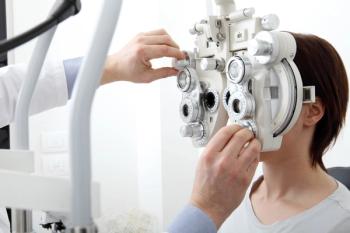
Optometrists say their wide distribution and medical expertise make them ideal candidates to administer the COVID-19 vaccine. As healthcare workers they also want to be prioritized to receive the vaccine.

With the 2020 election season nearly behind us, conventional wisdom is that we will have divided government: a Democratic president, a Republican Senate and a razor-thin Democratic majority in the U.S. House of Representatives. That combination is a recipe for compromise on President-elect Joe Biden’s healthcare priorities; namely, the federal response to the COVID-19 pandemic and adjustments to the ACA.

Results of a poll of more than 2,000 U.S. physicians found 82% would recommend the COVID-19 vaccine to patients.
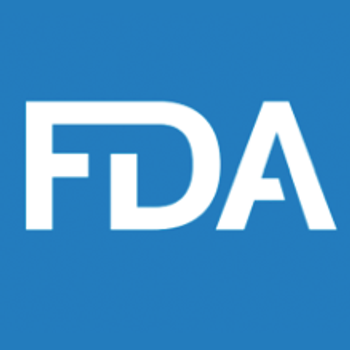
Pfizer's other vaccine news of the week involves pneumococcal disease.

FDA Commissioner Stephen Hahn and CBER Director Peter Marks also fielded questions about pregnant women, teenagers and one dose versus two.
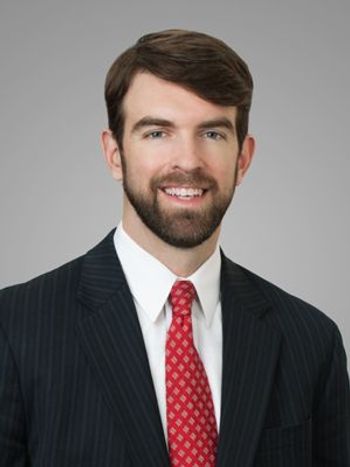
The five states have moved to prohibit accumulators and maximizers as the federal government takes a hands-off approach, according to John “Jack” S. Linehan, a lawyer at Epstein Becker Green, who is featured in this second part of a two-part video series.

The FDA's first emergency OK of a COVID-19 vaccine is expected to be followed next week by a second one for Moderna's vaccine.

We need a digital platform approach that meets healthcare consumers’ demands and leads to a system that’s simpler, more affordable, and more accessible.

Health technology may help patients struggling with loneliness.

The idea that social factors affect health outcomes is not new, but new research suggests total number of social determinants of health is a valuable proxy for coronary heart disease risk.

Briana Contreras of MHE spoke with Manik Bhat, founder and CEO of Healthify – a company that works with managed care organizations to integrate social determinants of health (SDoH) into the healthcare ecosystem. Manik and Briana spoke about how the need to address SDoH has changed since the COVID-19 pandemic began and what the importance of addressing these social and economic issues are during and after the pandemic. They also touched on how SDoH contribute to the spread of viral diseases, but worsen the issues for individuals already struggling.

John “Jack” S. Linehan, a lawyer at Epstein Becker Green, is featured in the first part of a two-part video series on copay accumulators and maximizers.

States are moving to curb copay accumulators as federal government pulls back from regulation.

Emphasizing best practices and a healthy culture rather than focusing narrowly on compensation will help medical groups thrive.

After positive Phase 3 trial results, Karyopharm Therapeutics expects FDA to clear Xpovio.

The test is for patients to use at home, with a prescription, to detect both COVID-19 and influenza A and B.

Women are disproportionately affected by heart failure after heart attacks, according to a Canadian study.
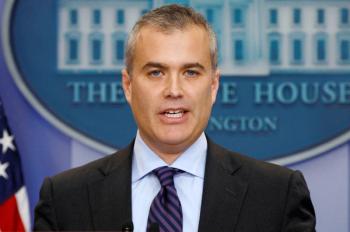
Zients, who served as director of the National Economic Council under Barack Obama, would come to the post with a background in business and technology, rather than a traditional healthcare portfolio.
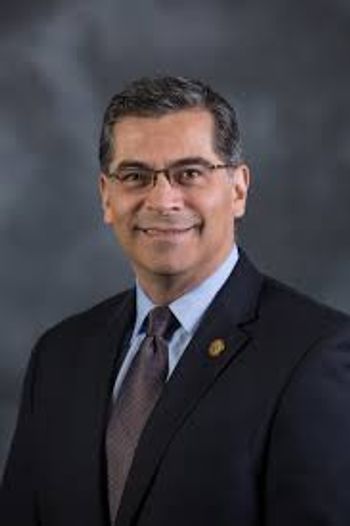
Biden is also ready to announce that MGH infectious disease chief Rochelle Walensky is his pick for top job at the CDC

Some leading hospitals have already started experimenting with deep learning based AI that applies most directly to medical imaging. In a few years, we will be taking many more uses of AI for granted. How does the healthcare industry get from here to there?

MHE's Briana Contreras spoke with Amy Dirks Stevens, EVP of Digital Strategy Performance and Practice Lead at AVIA health, for this week's episode of Tuning Into the C-Suite. The two talked about automation in health systems and how it can be a solution to challenges such as budget issues and creating more efficiency in the workplace. Also discussed were areas where health system leaders can begin to leverage artificial intelligence.
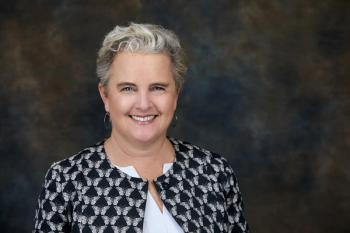
If the boom in new C-suite titles in healthcare — such as chief experience officer, chief growth officer, and chief analytics officer — “reflect new priorities and cultural shifts” inside organizations, what new titles should we be on the lookout for in the year ahead?

The subsidiary, called Vivid Clear Rx, will provide PBM services to help the company's 88,000 employees better manage their healthcare costs.
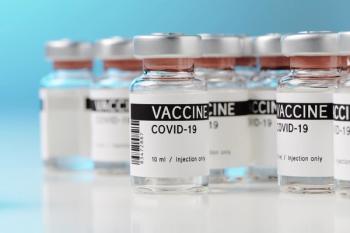
CVS and Walgreens are poised to vaccinate residents and employees of long-term care facilities. Dentists and optometrists are angling to be among the healthcare professionals who could administer the COVID-19 vaccines.

As the world remains battling the coronavirus pandemic, there are still significant and unmet needs for those fighting chronic conditions and disorders like opioid use disorder (OUD).

COVID-19 pandemic may present an opportunity to hit a reset button on American healthcare that could winnow out unnecessary, wasteful services and prescriptions.